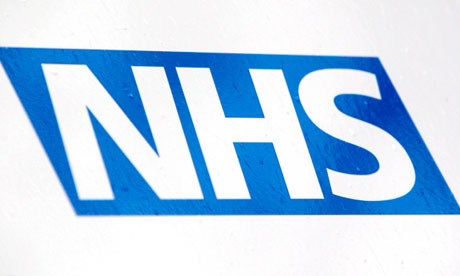New Popular Front gains support from French health activists
Original article by Peoples Health Dispatch republished from peoples dispatch under a CC licence.

Social movements and trade unions in France are rallying behind the New Popular Front, which promises a genuine alternative to the far-right and liberal health policies
Trade unions and activists warn that a National Rally victory would spell disaster for public healthcare in France. If the far-right wins the upcoming election, as polls currently predict, changes would come at the expense of sexual and reproductive health services and migrant health, among other things.
Marine Le Pen’s party recently dominated the European Parliament elections, prompting President Emmanuel Macron to call for a snap election, hoping to mobilize voters against the far-right. According to analysts, Macron gambled that the people of France would go to great lengths to keep the National Rally out of power, perhaps even reaffirming his mandate.
However, Macron’s policies, including privatization and commodification of health services, have fueled the far-right’s growth. His administration has caused closures of local hospitals, creating health deserts, and continues to push for more privatization, causing patient suffering. Despite the failures of this approach, liberals continue to pursue the same strategy in the current campaign, advocating for a more profit-driven logic in healthcare. The Trade Union of Health Centers’ Physicians (USMCS) stated: “We are experiencing the consequences of this policy on a daily basis. Patients suffer. We want no more of it.”
The far-right is expected to continue liberalizing the sector while introducing intolerance and xenophobia by prioritizing French citizens and marginalizing other residents. “If implemented, the [far-right policies] will pose a major risk to public health, not only for these ‘excluded’ individuals but also for the population as a whole,” USMCS warned.
“Abandoning the values of solidarity and universalism that underpin our healthcare system, a right-wing program will worsen social and territorial inequalities. We reject any program that proposes a healthcare policy based on exclusion and discrimination.”
Trade unions and organizations, united under the Tour de France pour la Santé, are backing the New Popular Front (NFP), a left-wing coalition opposing Macron’s policies as much as the far-right. The NFP plans to retract the controversial pension reform, curb living costs, and rebuild the healthcare system by recruiting healthcare workers, increasing incomes, and regulating the private sector. For example, the program states that new private clinics will only be allowed if they provide guarantees that patients will not face any out-of-pocket costs.
Read more: Left and progressives form New Popular Front to counter far-right in French elections
The USMCS emphasized that the NFP’s program is the only one to offer real prospects for healthcare reform. To support this, the Tour de France pour la Santé announced a series of actions during the election campaign, starting with an assembly in Lille on June 27, where activists will discuss the importance of resisting the far-right. Speakers will include Françoise Nay from the People’s Health Movement (PHM) France and Ramon Vila from the trade union SUD Santé Sociaux.
“Confronted with the threat of the extreme right, now more than ever, we urge citizens, trade unions, associations, mutual insurance societies, and progressive parties to unite in defending the right to health for all,” the platform said in its press release.
Ahead of the first round of the election on June 30, the National Rally leads with approximately 35% in polls, followed by the NFP at more than 29%, and Macron’s party at 19.5%. Bridging the gap between the far-right and the progressives might be possible with strong social movement support.
People’s Health Dispatch is a fortnightly bulletin published by the People’s Health Movement and Peoples Dispatch. For more articles and subscription to People’s Health Dispatch, click here.
Original article by Peoples Health Dispatch republished from peoples dispatch under a CC licence.



